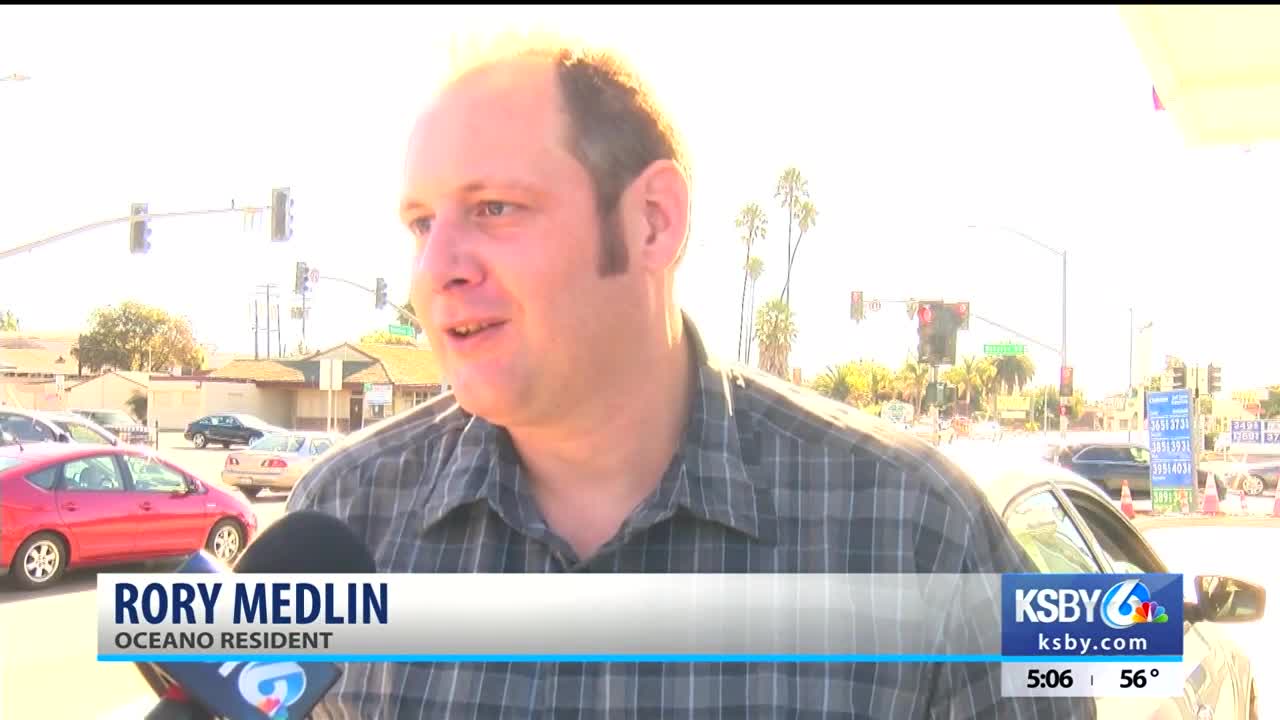Traffic fines are meant to be a deterrent, but now California Governor Gavin Newsom is saying the fines and other added fees are getting too high.
"They should be held accountable... but if it is a speeding ticket going eight miles over the speed limit- I think you should get a break," said David Murcia, a Santa Maria resident.
In his latest budget proposal, Governor Newsom wants to expand a pilot program that lowers traffic fines.
It could mean those who make less than about $26,000 a year will only pay half of what other drivers pay and allow them to make payments.
A recent study found that high fines led to drivers simply not paying them, which means less money for the state and more people at risk of having their license suspended.
A pilot program was started in four counties to test out the low income fine reductions.
"They are pretty extreme on a lot of the fines for the citations... and I would be more inclined to pay mine if they were reasonable," said Rory Medlin, an Oceano resident.
Even though it was not part of the pilot program, San Luis Obispo County already has an ability to pay program set in place.
The local program uses a person's financial history to determine fine reductions, and the new state-wide proposal is similar.
The governor said the program is a first step toward undoing the effect of extra fees and assessments tacked onto the base traffic fines.
The fines for traffic violations have not increased, but more and more fees designed to supplement the general fund have increased dramatically.
According to the budget proposal, in most counties not stopping for a red light will cost about $500.00... only $100.00 of that represent that actual traffic fine, the rest is made up of various fees.
The California Highway Patrol and the Santa Maria Police Department tell KSBY that if and when the proposal gets put into place, it will not change who gets a citation or how they are issued.
If approved, the judicial council will implement the program which will be phased in with multiple counties joining each year.



